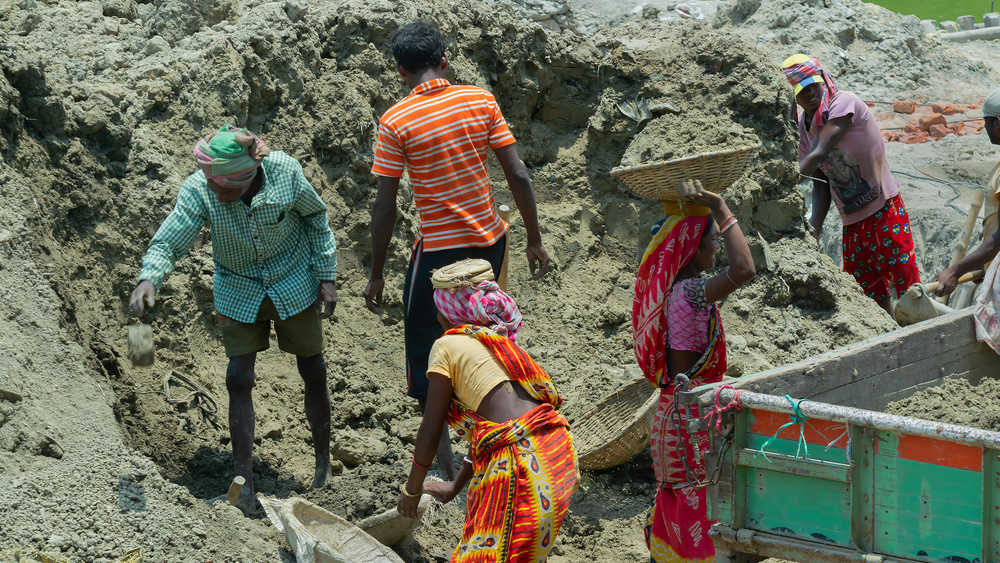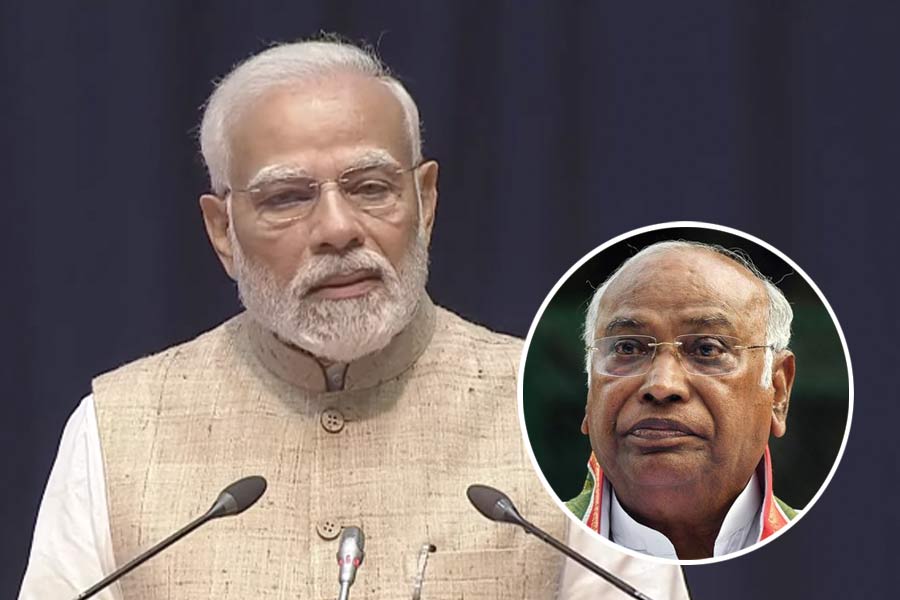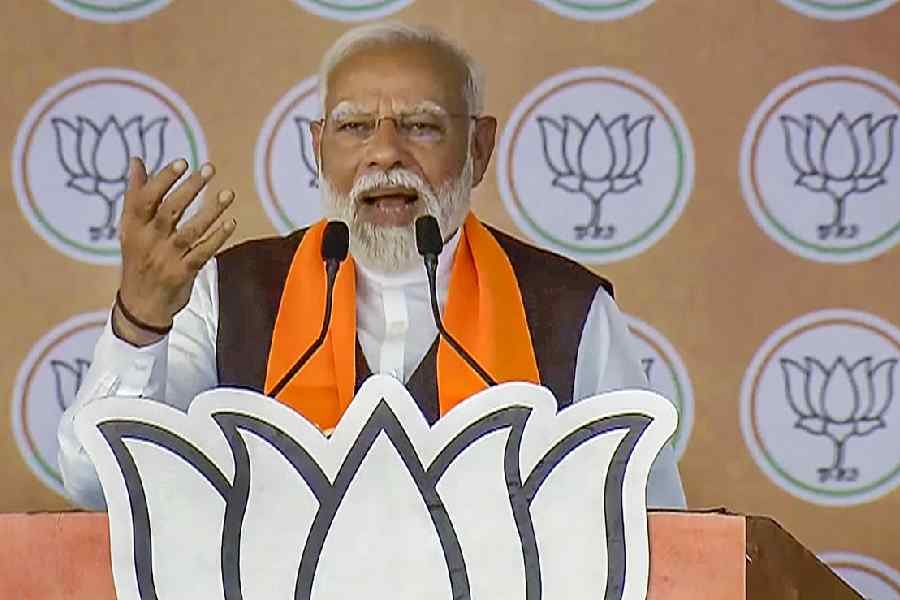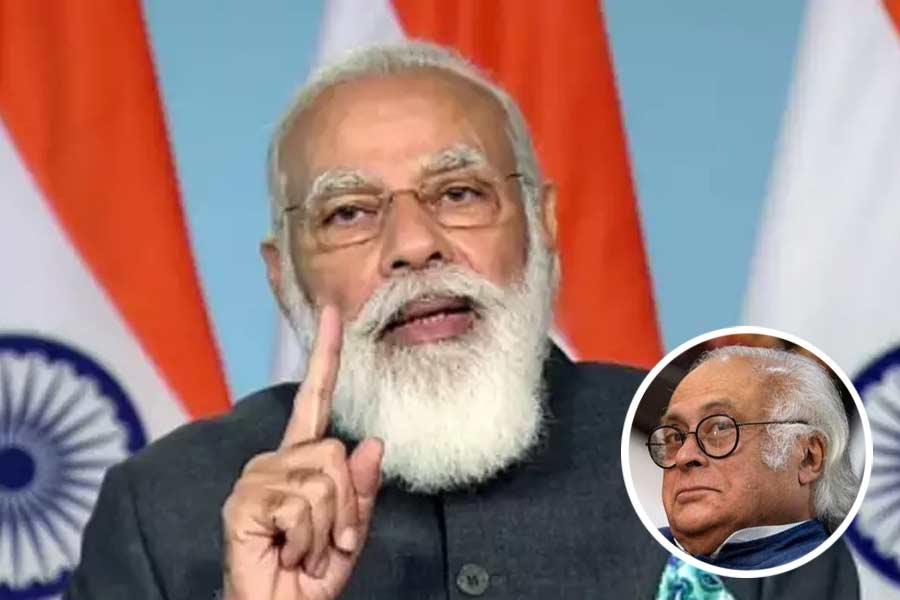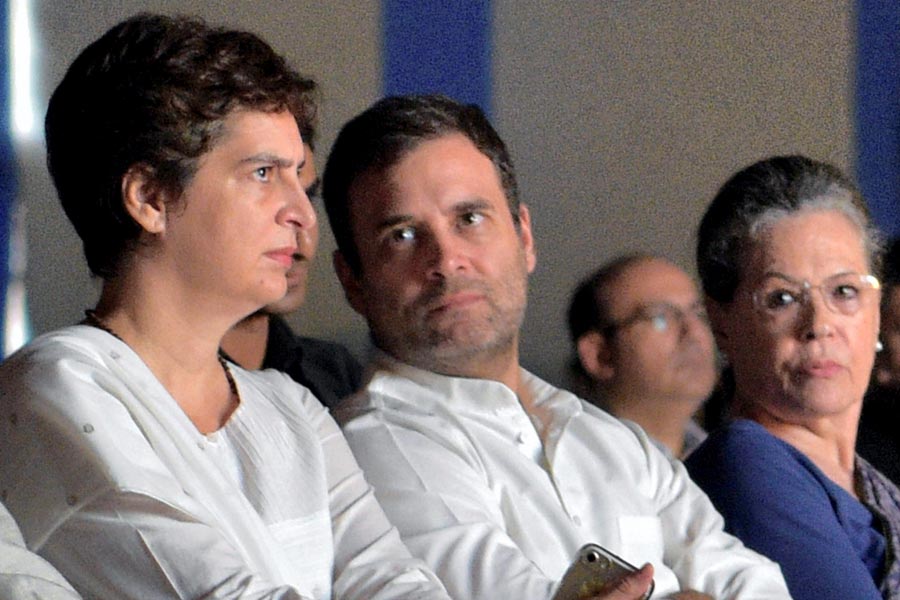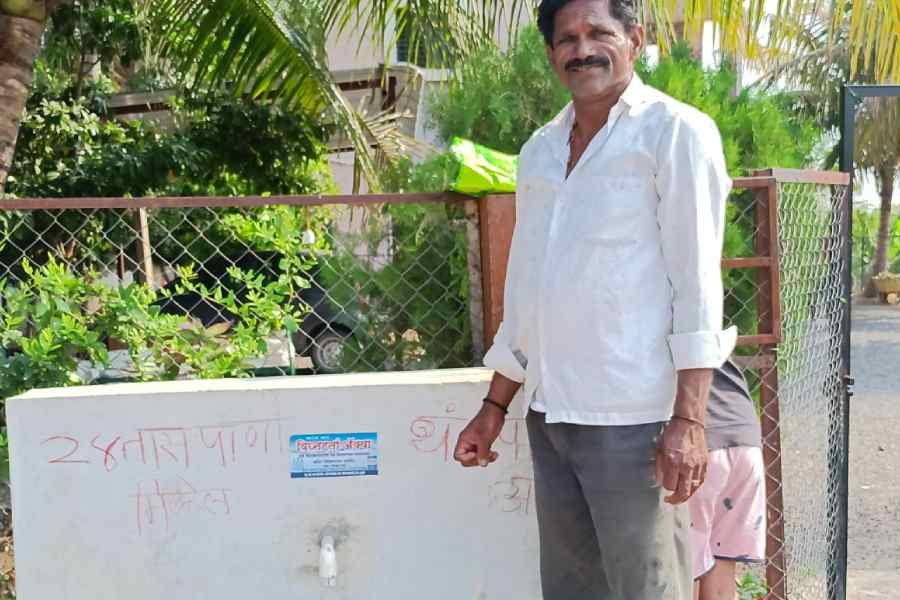India continues to perform poorly on global indices of progress. With the largest number of internet shutdowns in the world, India has recorded a third consecutive year of declining online freedom; it ranks 94 out of 107 nations on the Global Hunger Index 2020; and eight states have registered an alarming fall in sex ratios in the latest National Family Health Survey. But even tempered expectations are not enough to cushion some of the other blows. India has fallen two notches on the United Nations Development Programme’s Human Development Index, which measures standards of living, education and per capita income, to rank at 131 among 189 nations. It has also slipped an appalling 17 spots on the 2020 Human Freedom Index to stand at 111 out of 162 countries.
The fact that India ranks higher than Pakistan, Nepal and Bangladesh on human development cannot be any consolation; more so since the rankings have alarming implications for political and civil rights in the country. India’s unsatisfactory performances on development indicators reveal steep contradictions as well as challenges that are interlinked. Life expectancy, for instance, has fallen in a nation with the world’s most extensive food security programme. Rising malnutrition is being expedited by climate change, which, in turn, has increased migration, widened income gap and posed significant challenges in the paths of girls’ health and education. What is mystifying is that India has elected the same government twice in spite of the nation’s dismal performance on such crucial parameters. This raises interesting questions. Is electoral success concomitant with pledges to improve the health and living conditions of the people? This query is pertinent because Narendra Modi’s successive and impressive election victory has coincided with marked deterioration on the ground — for the first time since 1998-99, India’s declining child malnutrition curve has been reversed, and child wasting has risen rapidly. Meanwhile, the ‘health’ of democracy is suffering as well. The passage of the contentious Citizenship (Amendment) Act, the stripping of Jammu and Kashmir’s statehood and the pushing through of three agriculture laws in the name of reform without representative consultations reveal the government’s unwillingness to accord weight to allegations of weakening constitutionalism. Discouraging data, however, are unlikely to make a difference to a dispensation that has reduced the ideas of democracy and development to aggressive nationalism, a majoritarian ethic and the cult of personality.

